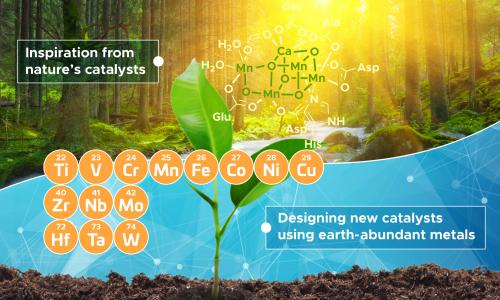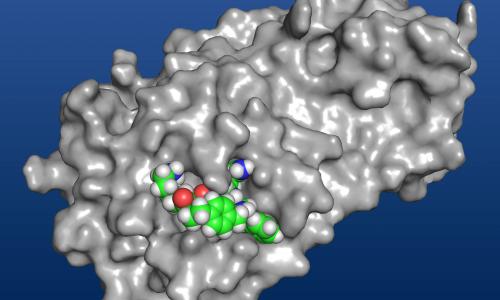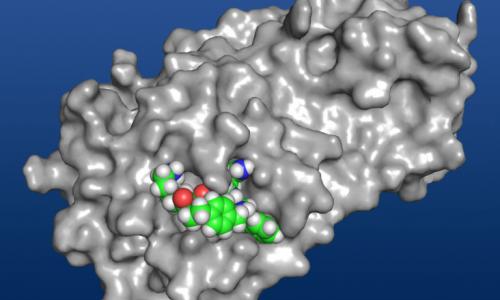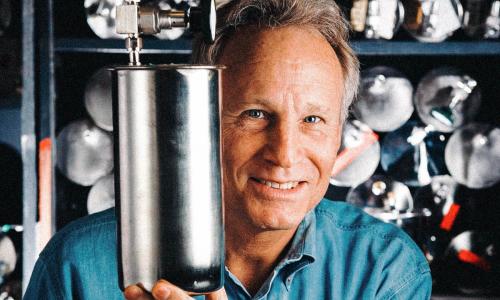newspage-events
UC Irvine scientists discover how fast the world's deltas are sinking
Aug 18, 2020
Physical Sciences team makes infrared sensor technology that could help doctors see cancer in a new light.
Aug 14, 2020
Chemical reactions are happening all the time, and, for the most part, they happen with or without our say-so. But in the industrial realm, there’s a swath of reactions that require a special kind of…
Aug 14, 2020
A team of UC Irvine chemists have created a molecule that acts as a false key to latch onto an enzyme needed by the coronavirus to reproduce.
The recently announced discovery could be an important…
Aug 12, 2020
They’re alive, they’re inside you, and there are trillions of them. But what they are, exactly, is still very much a mystery. “They” are bacteria that have no genetic relation to you, but which call…
Aug 10, 2020
UCI atmospheric chemist Manabu Shiraiwa says he has appreciated the cleaner skies over many cities during this year’s coronavirus lockdown, but he’s more concerned about air quality where people…
Aug 10, 2020
Irvine, Calif., Aug. 10, 2020 — An international group of more than 260 scientists, including physicists at the University of California, Irvine, has produced one of the most stringent tests for…
Aug 10, 2020
From measuring atmospheric circulation, to using living cells to create artificial materials, our new faculty cover a broad spectrum.
Aug 7, 2020
The Large Hadron Collider (LHC) is renowned for the hunt for and discovery of the Higgs boson, but in the 10 years since the machine collided protons at an energy higher than previously achieved…
Aug 6, 2020
Irvine, Calif., Aug. 5, 2020 – When the coronavirus pandemic hit, almost everyone at the University of California, Irvine – and colleges across the nation – had to abandon campus. But James…
Jul 31, 2020
The awards honor efforts in research, teaching, and in making the world a better place to live.
Jul 28, 2020
On July 15, Professor Don Blake got a letter letting him know that the UC Irvine Academic Senate had awarded him their Better World Award, which recognizes the impact...
Jul 15, 2020
There’s a secret at the UC Irvine School of Physical Sciences. The secret is at the Infinity Fountain, which sits outside Rowland and Reines Halls and in front of Aldrich Park, and which is where…









